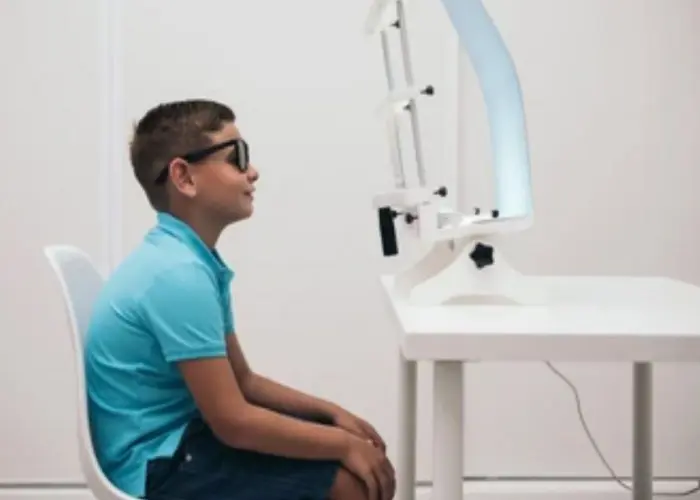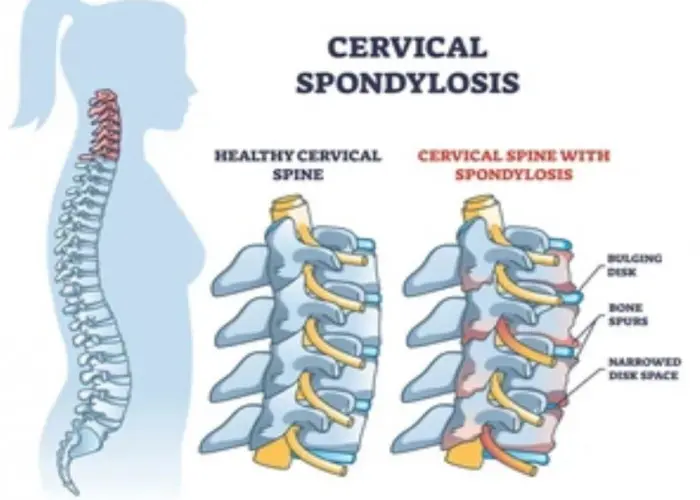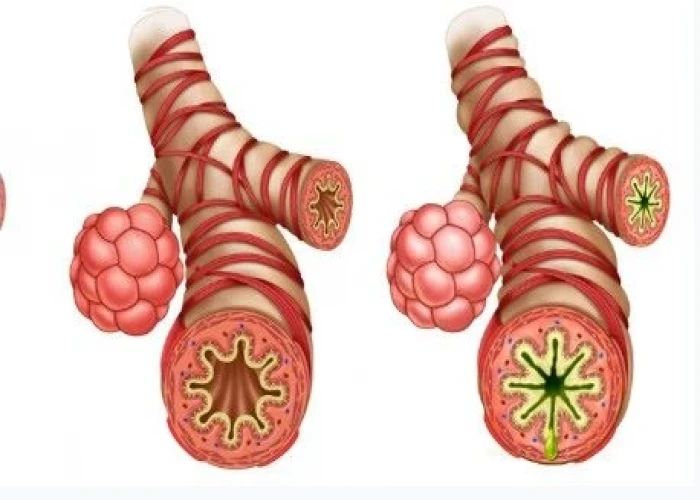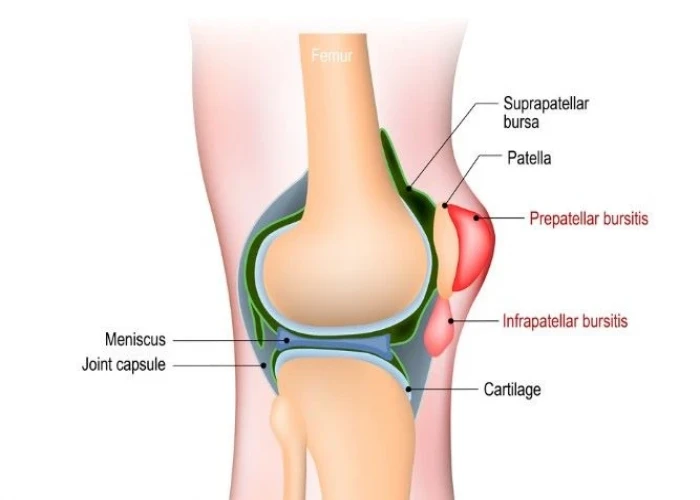 Welcome
Welcome
“May all be happy, may all be healed, may all be at peace and may no one ever suffer."
Convergence insufficiency

Convergence insufficiency is a condition that affects the ability of the eyes to work together and focus on nearby objects. In this condition, the muscles that control the movement of the eyes are weak, making it difficult to converge or bring both eyes together to focus on a nearby object. This can cause eye strain, headaches, and blurred or double vision, particularly during activities such as reading, writing, or using a computer.
Symptoms of convergence insufficiency may include:
- Blurred or double vision, especially when reading or doing close work
- Eye strain or discomfort, particularly during or after reading or using a computer
- Headaches, especially after reading or using a computer
- Difficulty concentrating or paying attention
- Fatigue or tiredness, particularly during or after reading or using a computer
Treatment for convergence insufficiency typically involves eye exercises or vision therapy, which can help strengthen the muscles that control eye movement and improve the ability of the eyes to work together. In some cases, glasses or prisms may be prescribed to help the eyes converge more easily. Additionally, reducing screen time, taking frequent breaks, and maintaining good posture while reading or using a computer can help alleviate symptoms of convergence insufficiency.
It is important to see an eye doctor if you suspect that you or your child has convergence insufficiency, as this condition can interfere with academic performance and quality of life. With proper diagnosis and treatment, however, most people with convergence insufficiency are able to improve their symptoms and lead normal, productive lives.
Research Papers
Disease Signs and Symptoms
- Headaches caused by eyestrain
- Headaches
- Double vision (diplopia)
- Difficulty concentrating
- Squinting, rubbing or closing one eye
Disease Causes
Convergence insufficiency
The cause of convergence insufficiency isn't known, but it involves a misalignment of the eyes when focusing on nearby objects. The misalignment involves the muscles that move the eye. Typically, one eye drifts outward when you're focusing on a word or object at close range.
Disease Prevents
Disease Treatments
If convergence insufficiency isn't causing symptoms, you generally don't need treatment. But for people with symptoms, treatment with eye-focusing exercises can increase the eyes' convergence ability.
Treatment, which can take place in the office with a trained therapist or at your home, might include:
- Pencil pushups. In this exercise, you focus on a small letter on the side of a pencil as you move it closer to the bridge of your nose, stopping as soon as you see double. The exercise is often done for 15 minutes a day, five or more days a week.
- Computer vision therapy. Eye-focusing exercises are done on a computer using software designed to improve convergence. You can print the results to share with your eye doctor.
- Reading glasses. Glasses with built-in prisms generally haven't proved effective. If you have another focusing or vision problem, such as not seeing well at close range (farsightedness), reading glasses might help.
Recent studies indicate that office-based therapy with home reinforcement is the most effective treatment for convergence insufficiency. Home-based treatment with pencil pushups or computer programs hasn't been shown to be as effective. But home treatment costs less and is more convenient and more readily available.
Treatment for convergence insufficiency might take three months or longer. Treatment can resolve convergence insufficiency, but symptoms might recur after illness, after lack of sleep, or when you're doing a lot of reading or other close work. Discuss treatment options with your eye care professional.
Disease Diagnoses
Disease Allopathic Generics
Disease Ayurvedic Generics
Disease Homeopathic Generics
Disease yoga
Convergence insufficiency and Learn More about Diseases

Chronic pelvic pain in women

Cervical spondylosis

Liposarcoma

Illness anxiety disorder

Postpartum depression

Chest pain

Occupational asthma

Knee bursitis
Convergence insufficiency, Convergence eye, রূপান্তর অপর্যাপ্ততা
To be happy, beautiful, healthy, wealthy, hale and long-lived stay with DM3S.
